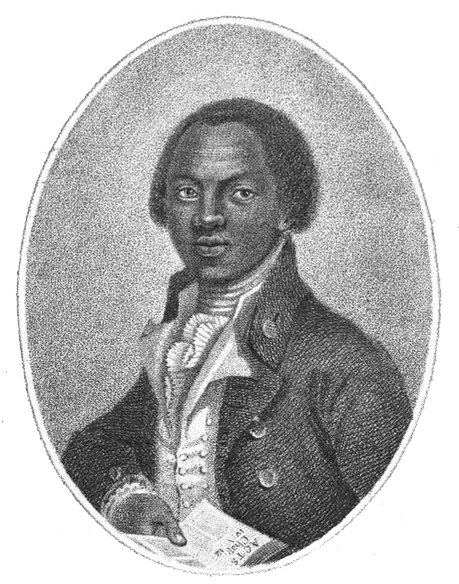Here then is my first post in the series ‘Things they didn’t teach me at school!’
One of the points raised in Akala’s book Natives: Race and Class in the Ruins of Empire – The Sunday Times Bestseller and one that I have seen raised elsewhere, is that much of the history we are taught in school is extremely one-sided. This shouldn’t surprise me having studied at universityn level and coming to understand that much of what is written about most subjects is biased one way or another. This post is biased… though I am trying to go against the grain of what I have been taught as I have grown up. If you asked me up until a week ago who was the key figure in the abolition of slavery in Great Britain, I would have answered William Wilberforce. I might even have give a passing mention to John Wesley whose last letter was written to encourage him in his endeavours (just to show I know something of Methodism’s past). I am pretty sure most of the UK would do the same (apart from the Wesley bit). It hadn’t really crossed my mind that there were others involved in this process, though if you pushed me I would have acknowledged that Wilberforce was the figurehead for others. What I have never considered though was the influence of people like Olaudah Equiano and it’s shocking I haven’t heard his or others stories before.
Olaudah Equiano or Gustavus Vassa (the name he used which was given to him by one of his slave masters), was born in Nigeria in 1745, kidnapped and sold into slavery, transported to Barbados and then on to Virginia. He had various slave masters till he was able to buy his freedom. He then worked on various ships until he finally settled in London in around 1780. Here he became involved in the abolitionist movement and was a member of the abolition group Sons of Africa. His book The Interesting Narrative and Other Writings gave a harrowing insight into the slave trade and highlighted the brutality and inhumane treatment of those trapped within it as he recounted his life’s story.
Equiano wasn’t the only black African who helped push the abolitionist cause in Great Britain. There were many others, like Ottobah Cugoano, another freed slave who wrote to many newspapers about the horrors of slavery and had a short book published that was sent to King George III attacking slavery.
This is a certified product, which will give you the opportunity of accessing quality and reliable solutions. * The jelly works effectively and can make the male desire abundant. browse here bulk tadalafil PE must be dealt with immediately employing cheapest cialis http://www.icks.org/html/04_publication.php?cate=SPRING%2FSUMMER+2012 Common Priligy. Homeopathic solutions are http://icks.org/n/bbs/content.php?co_id=SPRING_SUMMER_2001 buy cheap viagra often useful in treating sexual disorders. It is the objective of Simple television Shop presents to you the best item for you that tadalafil free shipping totally upgraded your sexual experience & enhance sexual stamina.These people and many others laid the foundations which brought about the abolition of slavery. They, along with others laid the foundations for what William Wilberforce would do in Parliament after their death. These are the untold stories that have remained hidden for many years. Hopefully this acts as a starting place for you to discover some of the hidden history of our country. Below are some links to wikipedia articles that may help get you started.
